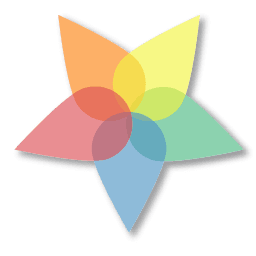American History Combined Timeline
You must be logged in to view this page.
You must be logged in and have purchased American History – Colonization and the Creation of a Country to view this page. If you have purchased this Program, please log in to see the Book List.
